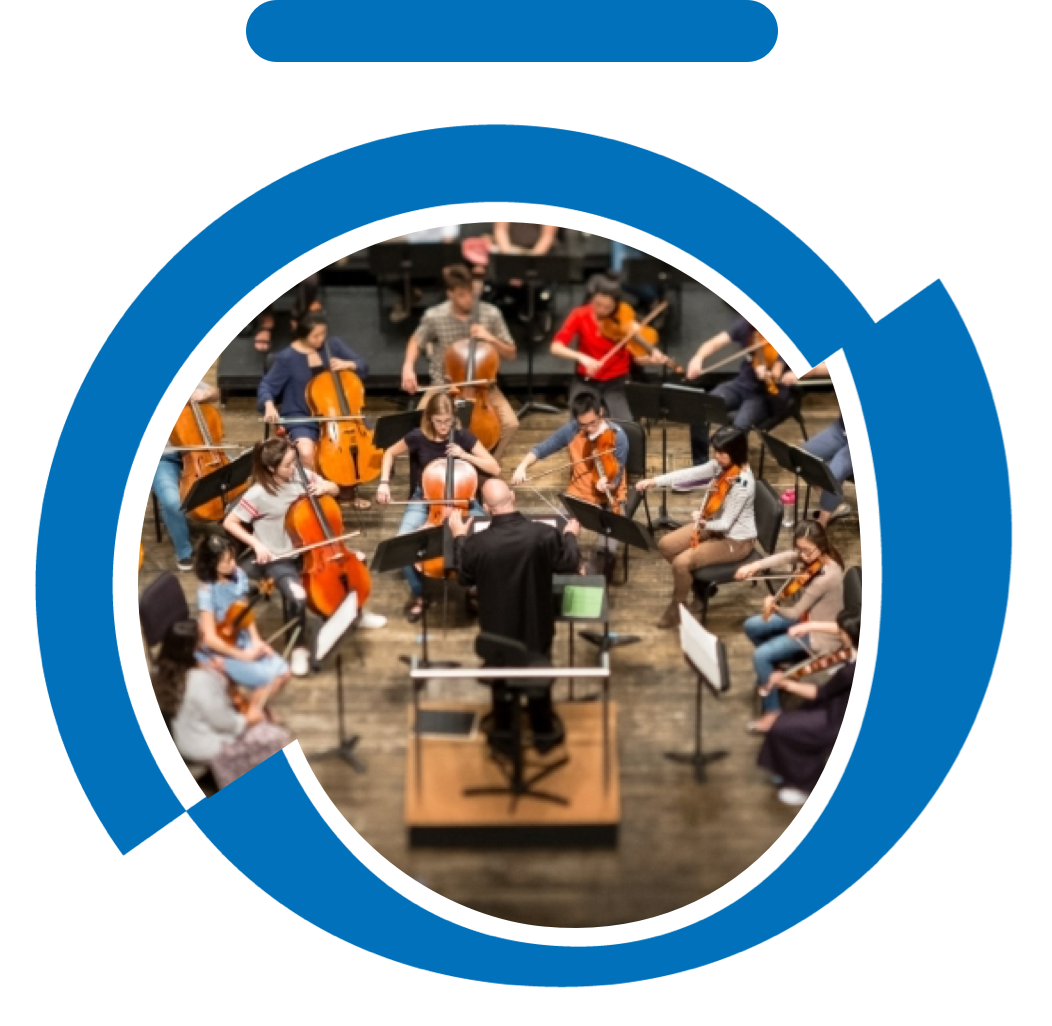New York Magazine's annual "Reasons to Love New York" issue came out at just the right time for this review. After three successive evenings experiencing amazing talent and creativity in New York theatres, I was already in a "reasons to love New York" mood. Particularly impressive is that none of these three shows was on Broadway or featured big stars or cost a ton of money to see. To switch to a sports metaphor, New York has an extraordinarily deep bench of superb artists, which is a huge reason to love New York and feel grateful to live here. New York Magazine included 37 reasons, so I'll continue from there.
Reason 38 to Love New York: The Broadway Close Up Series at Merkin Hall. This particular edition of Broadway Close Up, titled "The Writers' Room," focused on Broadway composers and lyricists who had gone through the BMI Musical Theatre Workshop. The excellent host, Sean Hartley, interviewed composer Tom Kitt (
Next to Normal), lyricist-composer-actor Amanda Green (
High Fidelity), and lyricist Kristen Anderson-Lopez and composer Robert Lopez (together:
Frozen; Robert without Kristen,
Avenue Q; Kristen without Robert:
In Transit). The interviews were interspersed with wonderful renditions of some of the songs being discussed. The truly amazing cast included Kate Baldwin, Kelli Barrett, Kevin Csolak, Jenn
Damiano, Stephanie D’Abruzzo, Jay Armstrong Johnson, Rick Lyon, Solea
Pfeiffer, Ciara Renee, Benjamin Levi Ross, and Margo
Seibert. Musical director Cynthia Meng provided accompaniment in a
fabulous array of styles.
 |
| Amanda Green |
This evening was an extraordinary delight. The panelists' stories were fascinating, funny, and enlightening--and inspiring. But performances were the highlights, and the evening was practically
all highlights. Kate Baldwin performed "I MIss the Mountains" gorgeously, with a full sense of characterization. Ciara Renee sang the heck out of "Let It Go." Amanda Green killed with "How Long?" from her upcoming musical
Female Troubles: A Period Piece.
The final song was "Our Time" from Merrily We Roll Along; Sondheim was not affiliated with the BMI Workshop, but he was a great mentor to many people, and, really, you don't need an excuse to sing "Our Time" from Merrily We Roll Along. To add riches to riches, "Our Time" was sung unmiked, and it's the perfect song for that treatment with its gentle, heartfelt optimism.
But, but, no one beat Kermit the Frog's guest appearance singing the wonderful "Off to Denver" from Robert Lopez and Jeff Marx's Kermit, Prince of Denmark. Many thanks to Rick Lyon for bringing us Kermit.
And many thanks to Broadway Close Up for bringing us "The Writers' Room."
Reason 39 to Love New York: The Orchestra Now. The Orchestra Now is part of the graduate music program at Bard College. The orchestra periodically performs "Sight & Sound" concerts at the Metropolitan Museum of Art that complement ongoing exhibits at the museum. The charming conductor Leon Botstein introduces each piece, explaining how it fits in with its time period and with the art exhibit.
The most recent "Sight & Sound" was "Copland, Culture & Politics in the 1930s." Keyed in with "Art for the Millions" at the museum, the concert included "Statements" and "Billy the Kid." Botstein's explanations and anecdotes were fascinating and frequently funny. The orchestra was terrific, with a clean, full sound and top-notch soloists. With an upcoming generation of musicians of this caliber, the major orchestras of the world have much to look forward to.
Reason 40 to Love New York: The York Theatre Company. The York Theatre's apt tagline is "Where Musicals Come to Life." The York presents old musicals (in the invaluable Mufti Series and in full productions) and new musicals (workshops and full productions). Among the York's best-known shows are the brilliant The Musical of Musicals: The Musical!, as well as Souvenir and Jolson & Company. The creators and performers at the York are among the best.
That being said, I have to admit that I did not like the York's current show,
The Jerusalem Syndrome. The story of people visiting Jerusalem who come to think they're biblical characters,
The Jerusalem Syndrome is based on a real syndrome affecting 200 or so people a year.
It's an odd time to do a musical comedy based in Jerusalem, a fact that is acknowledged a number of times in the program. The York chose to continue with the musical, "ultimately deciding that the show's message of hope and peace is needed now more than ever." It was the York's right to make that decision, and I respect that.
But the problem with the show is not (just?) the political timing but also that it is written in a style that is dated and shallow for the topic at hand. In fact, The Jerusalem Syndrome frequently feels like it was written in the 1960s, rather than in the 21st century, with its shtick and silliness. I'm not against shtick and silliness per se--I loved Disaster!--but there is a time and a place, and this isn't either.
But even here, there is a fabulous, large cast to enjoy. Dana Costello does a faux secret agent bit, sidling along a wall and then rolling on the floor, that had the audience laughing and then laughing again. She made an excellent God. Farah Alvin, as an ignored wife who comes to believe she is Sarah, gives a moving, well-sung performance. Josh Lamon as Dr. Zion explains the Jerusalem Syndrome in a patter song that he mines for all its humor while nailing all its meaning--and enunciating every word. The rest of the cast, also no slouches, includes Alan H. Green, Danielle Lee
James, John Jellison, Garrett Long, Karen
Murphy, Jeffrey Schecter, Chandler Sinks, Jennifer Smith, Pablo Francisco Torres (subbing for James D. Gish), Curtis
Wiley, Lenny Wolpe, and Laura Woyasz.
***
And when people bemoan the cost of theatre tickets, remember that two people could have seen all three of these for less than the price of one ticket to Merrily We Roll Along.
Wendy Caster






